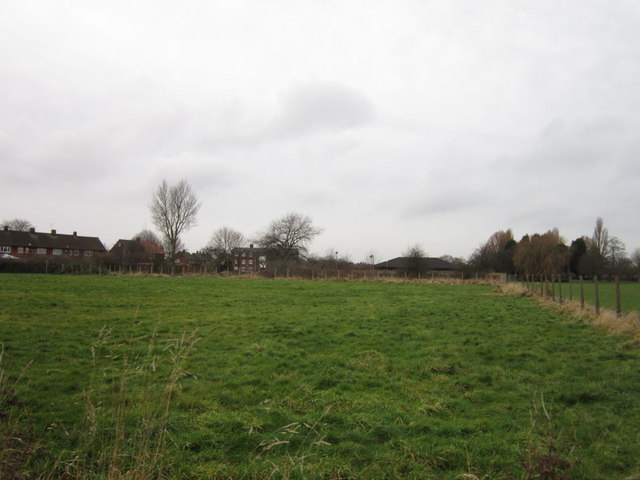A complete guide for investing in a plot to gain high returns.
By Abhay Shah, Realty Quarter

With the increasing industrialization and urbanization in different areas of the nation, land accessibility is gradually declining. Investing in a plot over the next ten years is the best time to invest for a very high return on investment, according to experts. The landholdings in India are projected to exceed Rs 1,14,000 crore, according to some assessments, and are anticipated to develop much more in the coming years. While some investors tend to invest in an urban plot, it is also lucrative to invest in a rural plot as it can be placed to different kinds of uses.
Thus buying a parcel of land is one of the most lucrative investments that a person makes and advises real estate professionals that a person must begin making such investments from a youthful era rather than investing in their late 40s.
5 Important things while investing in a plot:
1) Area: Those interested in reselling the land must consider the fact the location of the property and the connections and infrastructure around the plot.
Investors who buy the plot for personal use must also consider the fact the land’s neighbourhood characteristics, as having a good and secure neighbourhood around one’s home is very essential. Location, therefore, performs a very significant part in choosing a plot to invest in.
2) Previous Owners: Investors need to be cautious about the land they want to buy. They need to investigate and find out about the ownership background and any land-related legal conflicts. While disputed lands may be priced at very low prices, investors interested in buying them must be aware of the different titles and rights associated with the land and the long-term benefits of buying such a piece of land. Therefore, land-related history is essential for the investor to be recognized.
3) Size: After purchasing the land, end-users of a plot of land must plan how they want to utilise it. This will assist them to decide on the ideal property size needed to satisfy their requirements. The size is a significant factor in making complete use of the bought land. The rate at which a comparable piece of property is valued must also be ensured so that the investor can come to know whether or not the cost they are about to pay for a specific size of the property is viable.
4) Approved by Authorities: Investors must understand if the city development corporation has authorized the property they are about to buy. One of the effective ways to verify this is to ask for a copy of the approval documents and, if necessary, consult a lawyer about it. Another thing to remember is that the prior receipts and bills of property tax must be collected from the previous owner.
5) Documentation: The title act, encumbrance certificate and release certificate are some of the significant papers that need to be checked before buying the land. The title deed helps to comprehend whether the seller is the property’s legal owner and is entitled to it. The certificate of encumbrance ensures that the property has no legal conflicts and unpaid dues. The certificate of release ensures that any loans obtained for the property have been repaid and are available for resale.



















































































